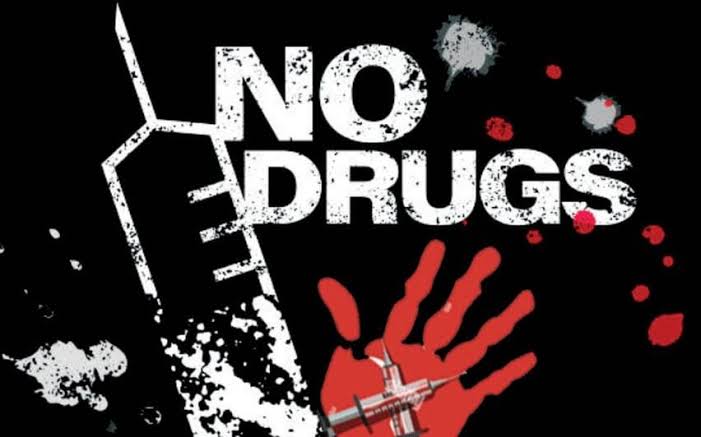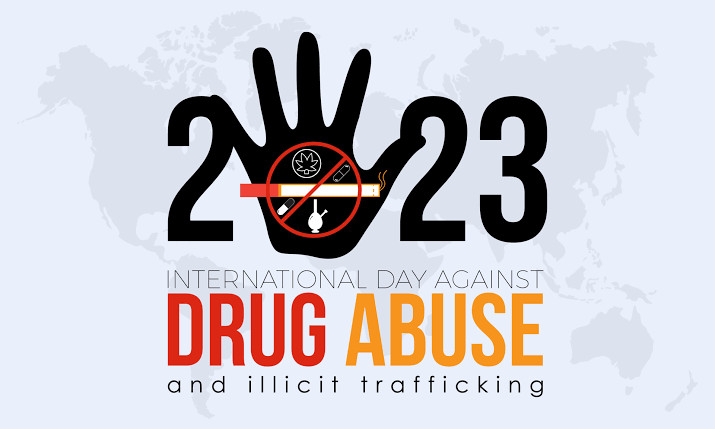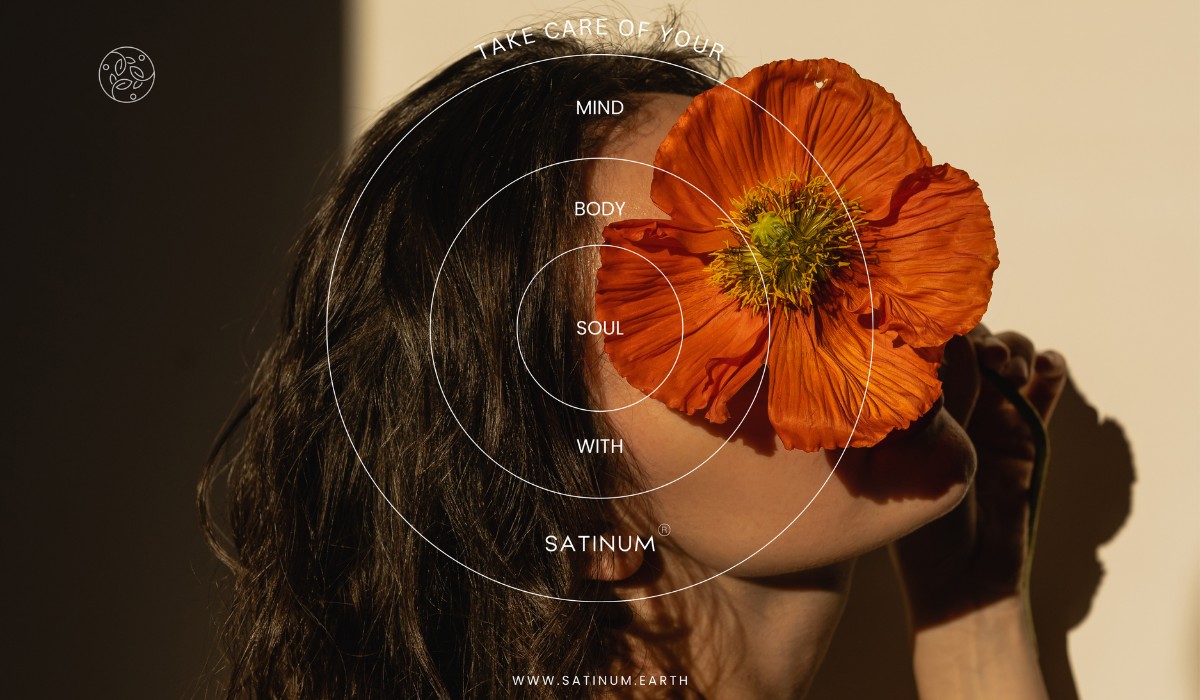The International Day Against Drug Abuse and Illicit Trafficking, observed annually on June 26th, serves as a reminder of the global effort required to combat drug abuse and its consequences. Drug abuse continues to be a major public health concern, affecting individuals, families, and communities worldwide. This article highlights the significance of this international day and explores the efforts being made to address drug addiction and promote a healthier society.
Understanding Drug Abuse:
Drug abuse refers to the excessive and harmful use of psychoactive substances, including both illicit drugs and legal substances when used improperly. It affects people from all walks of life, regardless of age, gender, or socioeconomic background. Drug addiction is a complex issue that not only impacts an individual’s physical health but also has severe social, psychological, and economic consequences.
The Purpose of International Day Against Drug Abuse:
The International Day Against Drug Abuse aims to raise awareness about the dangers of drug abuse and encourage preventive measures. It serves as an opportunity to promote drug education, support treatment and rehabilitation programs, and strengthen international cooperation in combating illicit drug trafficking. The day also provides a platform for individuals and organizations to unite in their commitment to reducing the demand for drugs and breaking the cycle of addiction.

Global Efforts in Combatting Drug Abuse:
Governments, non-governmental organizations, healthcare professionals, and communities worldwide have been actively working to address drug abuse. Some of the key strategies include:
- Prevention: Educating individuals, especially young people, about the risks associated with drug abuse and promoting healthy lifestyle choices as alternatives.
- Treatment and Rehabilitation: Expanding access to effective treatment services, including counseling, therapy, and medication-assisted treatment, to help individuals recover from addiction.
- Harm Reduction: Implementing harm reduction strategies such as needle exchange programs and opioid substitution therapy to minimize the health risks associated with drug use.
- International Cooperation: Collaborating across borders to combat drug trafficking and reduce the availability of illicit drugs through coordinated law enforcement efforts and intelligence sharing.
- Public Awareness Campaigns: Conducting campaigns to destigmatize addiction, raise awareness about available resources, and encourage community support for individuals struggling with drug abuse.
The Way Forward:
Despite significant efforts, drug abuse remains a persistent global challenge. Addressing this issue requires a multi-faceted approach involving governments, communities, healthcare professionals, and individuals. Some key areas that require attention include:
- Enhancing Treatment Access: Increasing the availability and affordability of evidence-based treatment options to ensure that individuals seeking help can access the support they need.
- Strengthening Prevention Programs: Investing in comprehensive drug education and prevention initiatives, focusing on early intervention and promoting resilience among vulnerable populations.
- Combating Stigma: Promoting a compassionate and non-judgmental approach towards individuals struggling with drug addiction, as stigma can hinder their recovery journey.
- Innovations in Research: Supporting scientific research to better understand the nature of addiction, develop effective interventions, and identify emerging drug trends.
International Day Against Drug Abuse serves as a reminder that drug abuse is a global issue that demands collective action. By raising awareness, supporting prevention efforts, expanding treatment options, and fostering international cooperation, we can make significant strides in reducing the impact of drug abuse on individuals and communities. Together, we can work towards a healthier and drug-free world.











